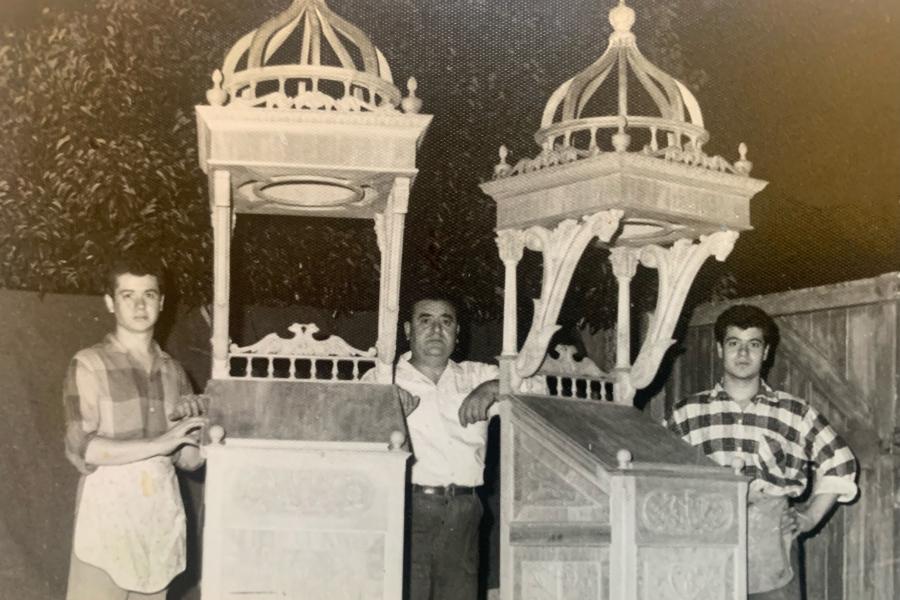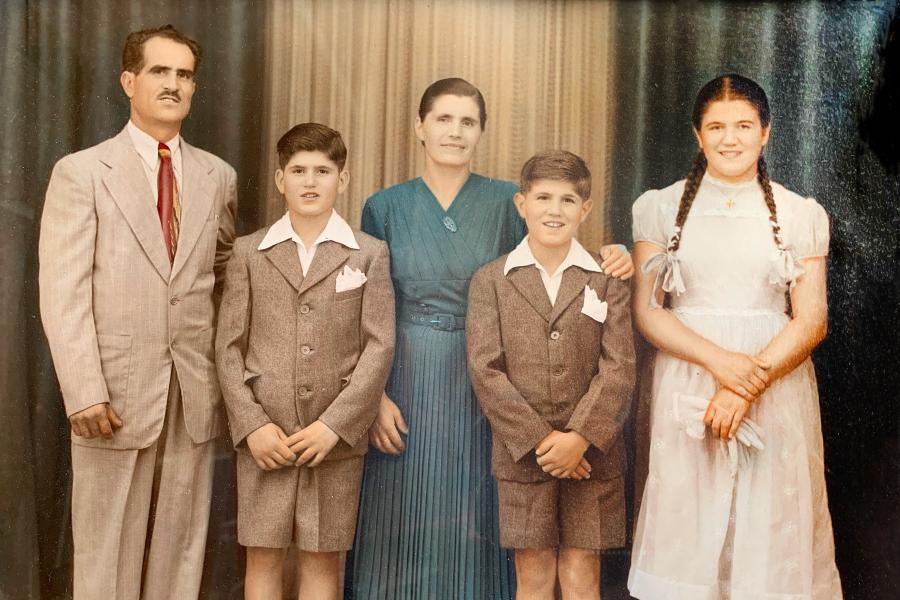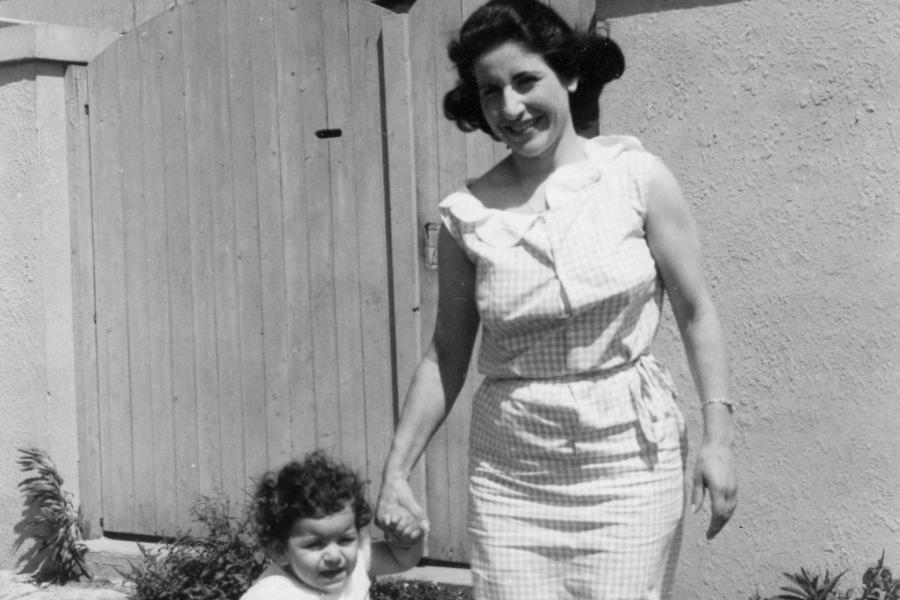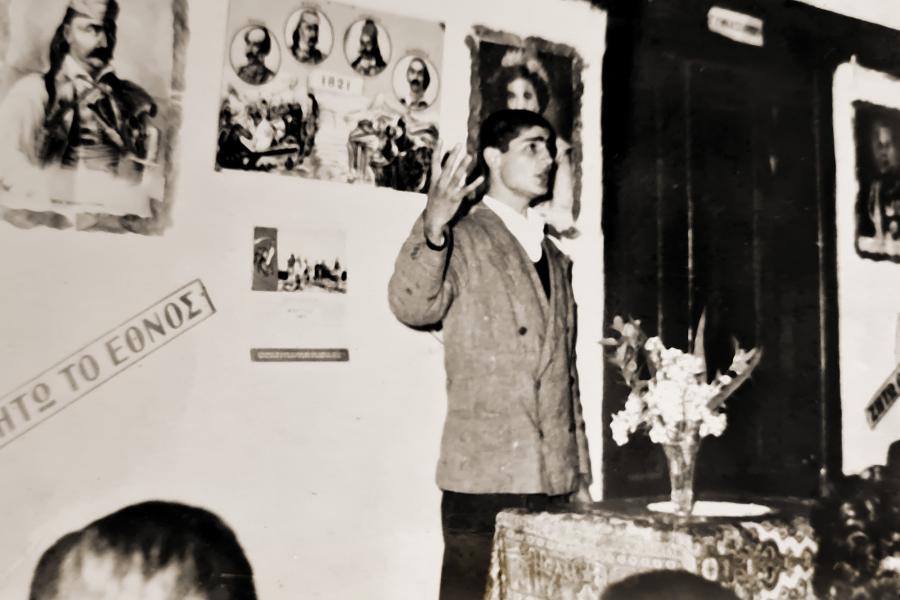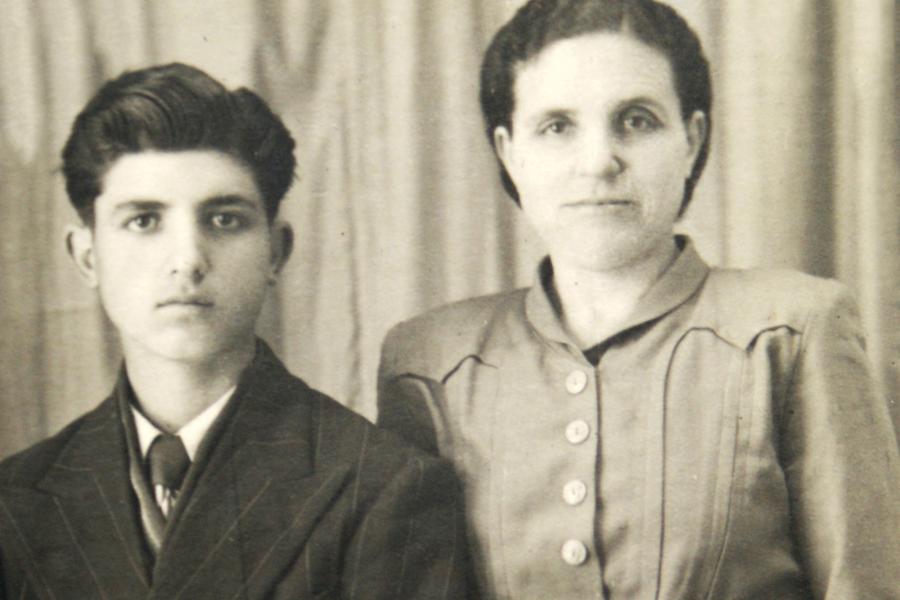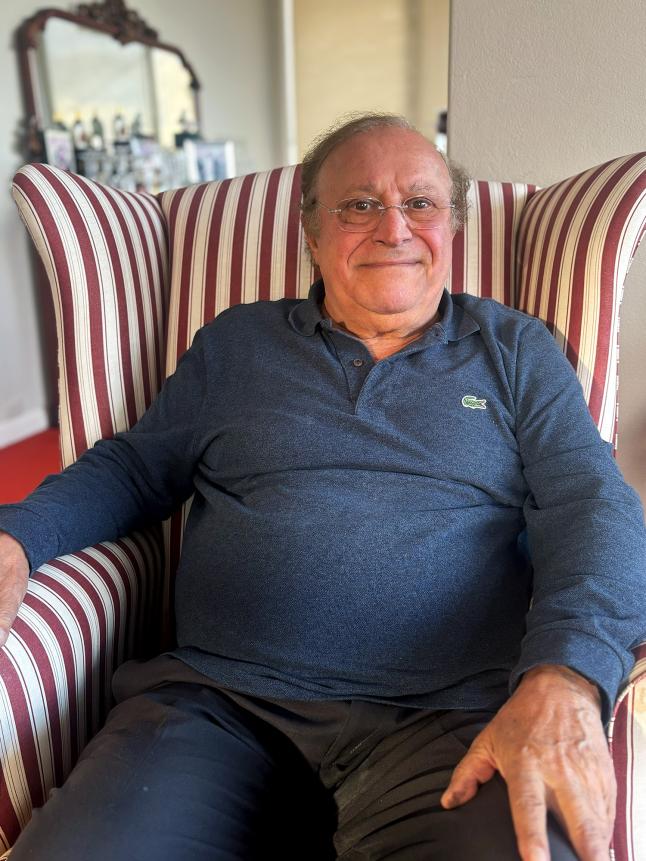

Speaker background
Dr James Giallussi was born on the Greek island of Rhodes on the 11th March 1945. He and his two sisters enjoyed a comfortable family life and excelled at school. Their lives were disrupted when their father became bankrupt during the Greek Civil War. After being sponsored by a relative, James’ father migrated to Australia. He arrived in Sydney with his eldest daughter a year earlier than the rest of the family to secure accommodation and find employment. When James arrived in 1956, he attended Paddington Public School and, later, Cleveland Street High School, where he excelled academically. He began his medical degree at the University of NSW in 1964. In 1975, James opened his own medical practices in Newtown and Roseberry where he developed strong connections with the Greek community.
Interview summary
James recounts his early childhood on the island of Rhodes. He describes the sadness of leaving behind his friends and school when he came to Sydney in 1956. He recounts trying to adjust to a new school, a new language and helping his father at his shoe business in Paddington. He provides an account of the turmoil his family endured when his mother died, just a few years after their arrival, and the emotional toll of acting as interpreter for his father at the inquest into her death. He also speaks about the strong community bonds developed while serving as a GP.
Interview highlights
highlight
James recalls helping his father after school in his shoe business on Oxford Street in Paddington.
James: He bought a shop opposite the Victoria barracks near Glenmore Road, the corner of Glenmore Road and Oxford Street, and he was building up a little practice making handmade shoes and we used to have a lot of the army people coming across and have boots made and that sort of thing.
Interviewer: These were the skills he already had from Greece.
James: Yes, yes.
Interviewer: Where did he learn them in Greece?
James: It was passed on from generation to generation. So, he had intentions for me to follow the same steps, you know. After school I used to help him. You know, I used to be on this machine. I used to sew shoes and all this business, you know. He was building up his business and he wanted to help me out. Because I was doing well at school, you know. I was Dux at school. All the teachers from Paddington used to come down to tell my father off, saying ‘What’s wrong with you. You should let your son go to university. He’s done so well, studying.’ He asked me, ‘Do you want to go on to university?’ I said I would like to. So, he said OK.
Interviewer: That wasn’t one of his intentions?
James: No, no. He was mainly trying to make ends meet, financially. So, he had to pay off the loan, was working, looking after his family. So, it was a hard time for him, you know.
Timecode 13:48 - 15:23
highlight
James recalls the emotional hardship he and his family endured when his mother died only a few years after they arrived in Sydney from Rhodes.
James: My mother had quite a few operations leading up to her death. It was traumatic for the whole family. For a while she was at the Eastern Suburbs Hospital across from Centennial Park. So, I used to walk there from school to go to the hospital to see her and then go home. One day she was having an operation, another operation for the gall bladder. Apparently, it was cancer at the end we found out. She died during the operation. I got a bit of a shock because I was minding the shop while my father was at the hospital. This nun rang me up and said, ‘I’m just ringing up to tell you your mother just died.’ Bang, bang, you know. I didn’t know what to say. I said, ‘what?’ So, she repeated that and then she hung up. I was devastated by that. Anyway, my father came and told me the whole story. That she didn’t wake up from the anaesthetic and of course it was difficult because my older sister had got married and went back to Greece because her father-in-law had died. Her husband took over his business. They were making bricks. It was a factory. The thing was that myself, my father and my young sister had to cope.
Timecode 24:35 - 26:08
highlight
When James opened up a medical practice in Newtown in the mid-seventies, he was inundated with Greek patients. But he says the influx of Greek migrants was not welcomed by everyone.
James: I got discovered by the Greek patients. Initially I had a lot of English patients because they saw that I had a degree from London. But then they were slowly moved out by the Greeks because it was difficult for an English person or Australian person to come in and sit in the waiting room packed with Greeks and talking, chatting away in Greek. It was difficult for them.
Interviewer: What were they saying to you?
James: A couple of them said, ‘You’ve got to put up a sign out there saying “Speak English only.”’ I said, ‘Well look. I’m sorry I can’t do that. It’s a free country. I can’t force someone to speak a particular language.’ He said, ‘I have to go to another doctor.’ ‘Well,’ I said, ‘That’s your privilege.’ So slowly quite a lot of these patients moved away, most of them. So now for the last ten years, I don’t accept new patients, anyway. I got too busy. So, I would say 90 percent of my patients are Greeks and the rest are a mixture.
Timecode 39:30 - 40:43

